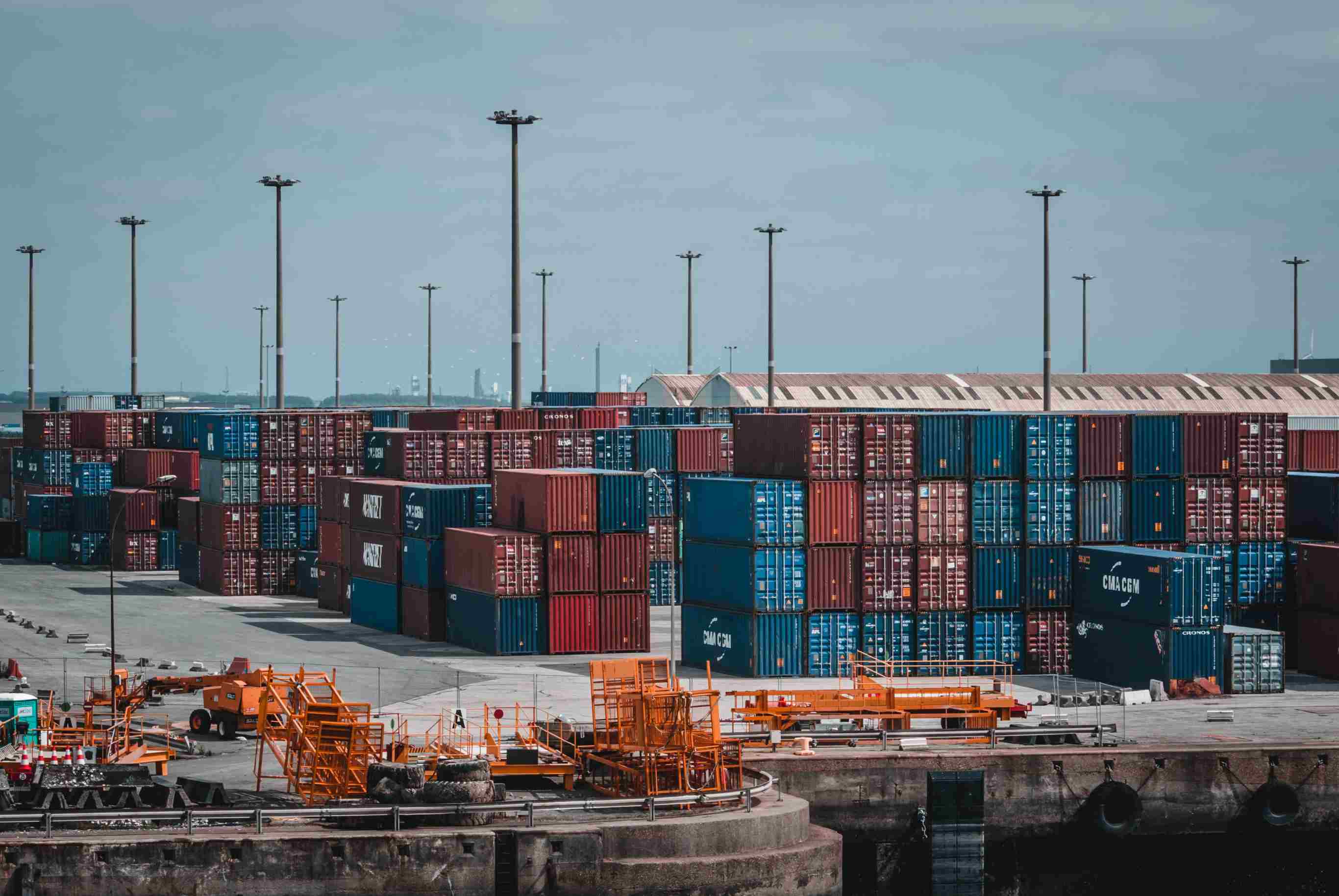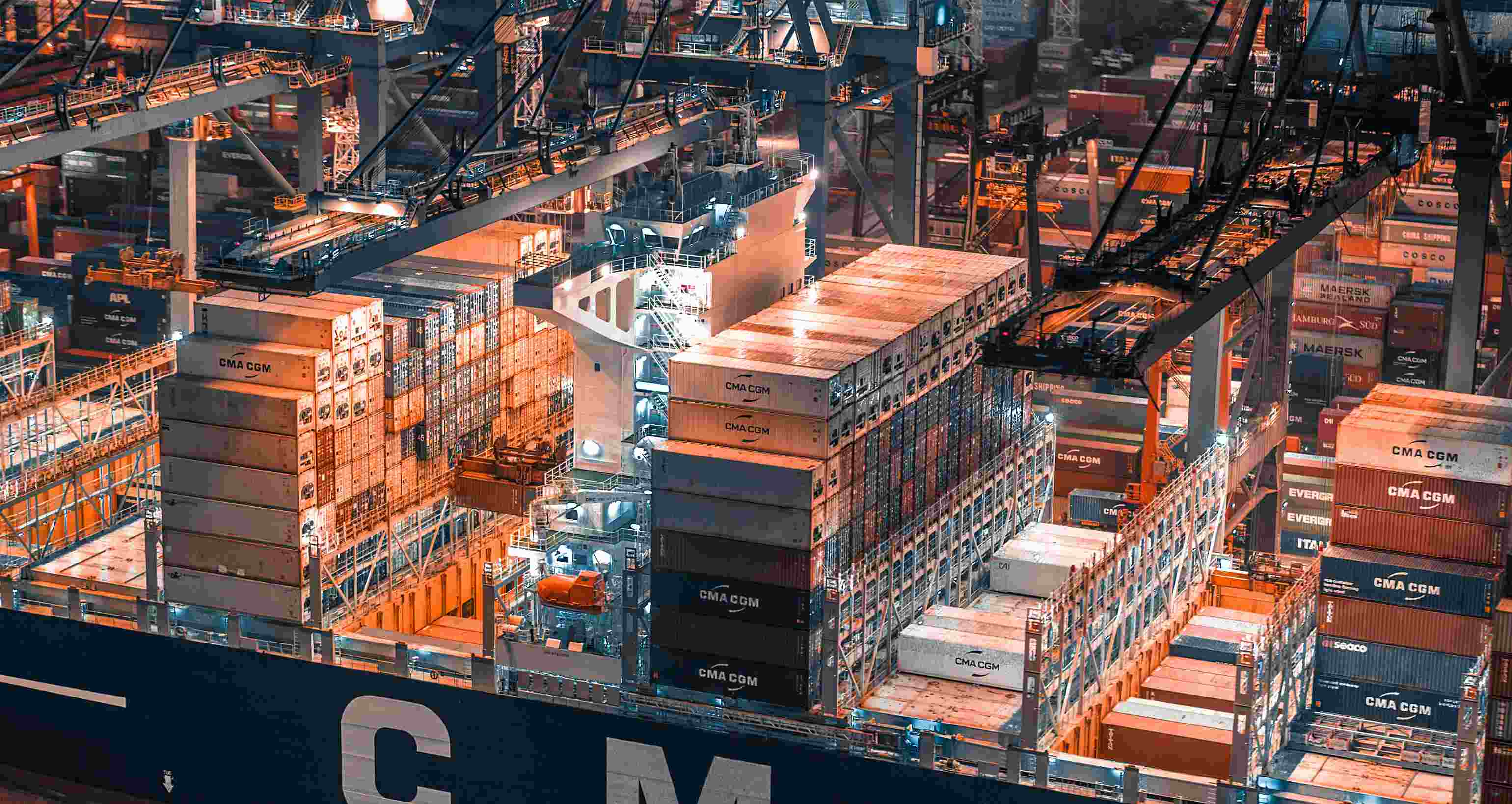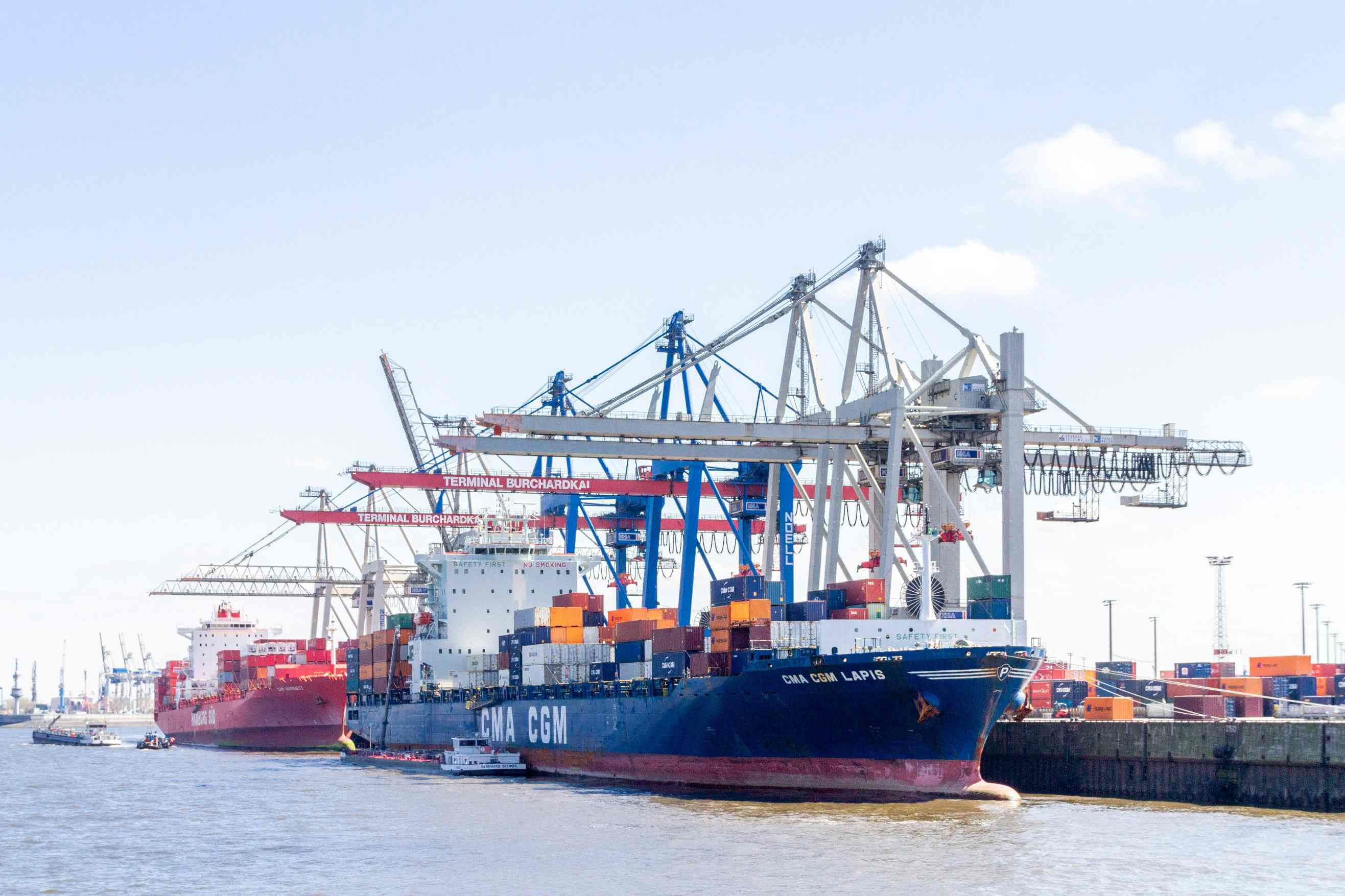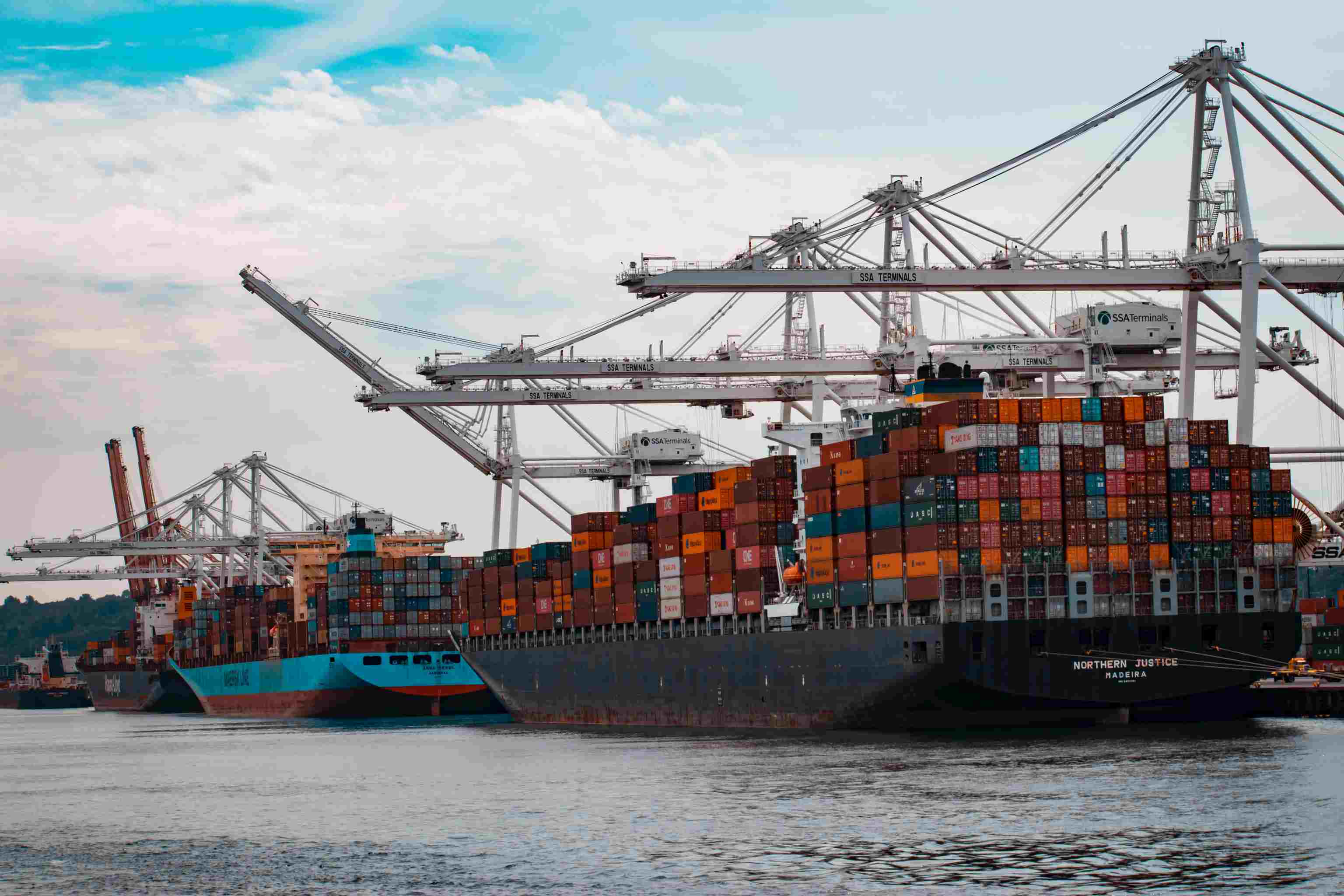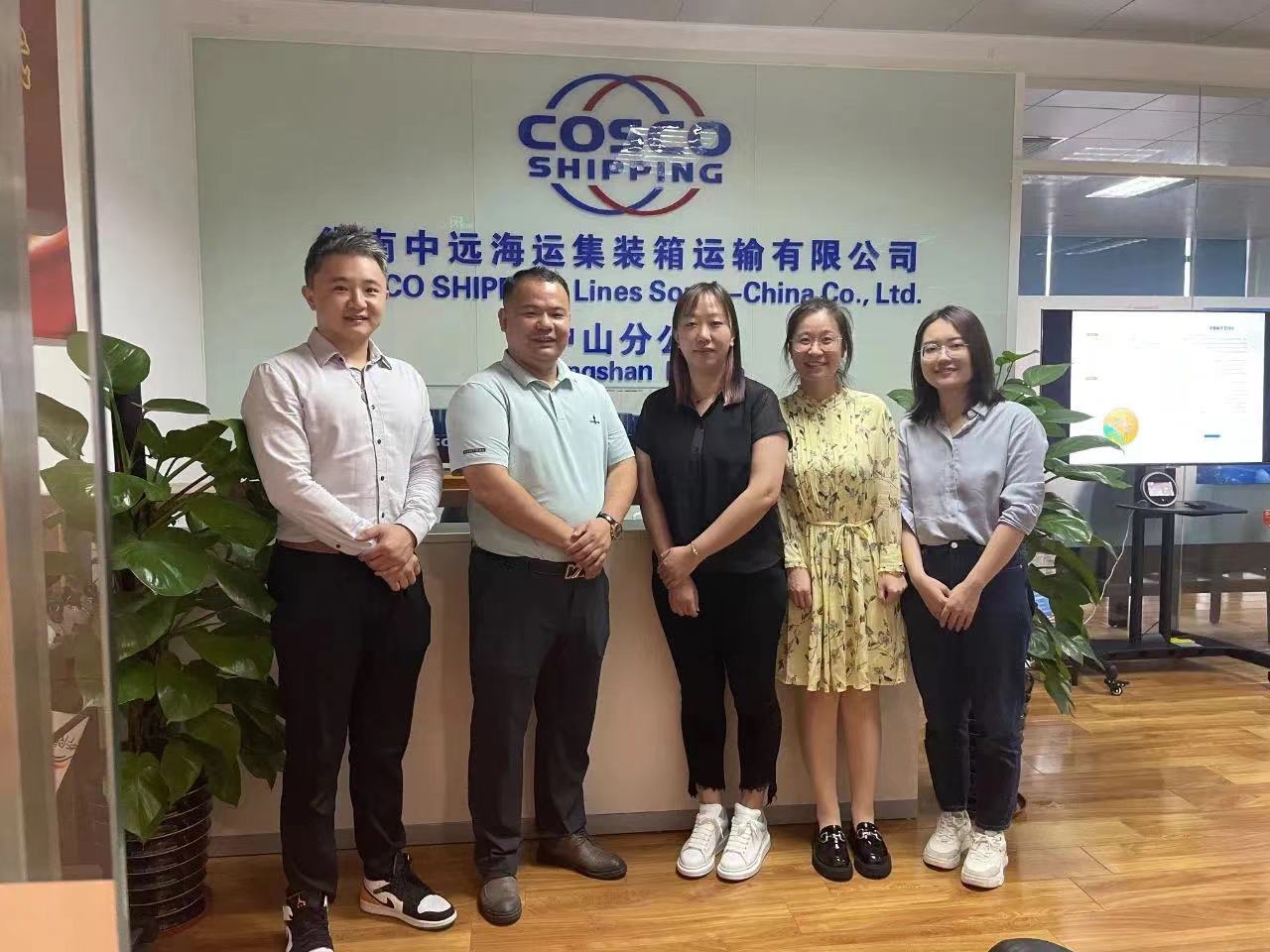International Logistic in China: Strategies to Optimize Your Shipping Process
Navigating international logistics from China can be a complex yet highly rewarding endeavor for businesses worldwide. With China being a global manufacturing hub, understanding the best logistics strategies can unlock significant cost savings, operational efficiency, and faster delivery times.
In this guide, we'll explore essential strategies to optimize your shipping process, helping you make the most of freight solutions in China. This comprehensive approach not only simplifies complex logistics but also aligns your business with current international shipping standards, ensuring smoother and more reliable transit of goods.
Understanding the Fundamentals of International Logistic in China
Before diving into optimization strategies, it's important to understand the basics of international logistic in China. The Chinese logistics network is vast, involving a complex mix of sea, air, rail, and road transportation. Due to its scale, it's essential for businesses to leverage a professional freight agent in China who is familiar with local regulations, customs processes, and transportation options.
Key Benefits of Working with a Freight Agent Solution Provider
A well-connected freight agent offers advantages like:
- In-depth Market Knowledge: Freight agents understand the nuances of Chinese logistics, from port capacities to peak season timings.
- Cost-Effectiveness: With strategic partnerships, agents can often negotiate better rates, reducing overall shipping costs.
- Compliance and Customs Expertise: Agents stay updated on changing regulations, making compliance easier and minimizing delays.
Strategy #1: Selecting the Right Shipping Mode
The choice of transportation mode is a fundamental factor in optimizing your logistics. Each mode—air, sea, rail, or road—has its strengths and limitations. Here's a breakdown of the most common options:
- Sea Freight: Ideal for bulk shipments, sea freight offers a cost-effective solution for businesses with less time-sensitive goods.
- Air Freight: Although more expensive, air freight is perfect for high-value or urgent shipments, cutting down transit times significantly.
- Rail Freight: Gaining popularity due to China's extensive rail network, rail freight serves as a middle ground in terms of cost and speed, especially within the Eurasian trade routes.
- Road Freight: Often used in combination with other modes, road freight facilitates last-mile delivery, especially within Asia.
Working with a knowledgeable freight agent ensures that you select the mode that best aligns with your budget, delivery timeline, and cargo type. The right selection can improve cost-efficiency and optimize transit times, making international logistics from China more manageable.
Strategy #2: Optimize Your Packaging for Cost and Efficiency
Packaging plays a critical role in logistics costs, especially when shipping internationally. The weight and dimensions of your shipment directly impact freight costs, so minimizing waste and optimizing packaging can yield considerable savings.
- Reduce Packaging Weight and Volume: Excessive packaging not only adds weight but also increases your dimensional weight charges. Collaborate with your freight agent to use lightweight and space-efficient packaging solutions.
- Invest in Durable Materials: Using quality materials reduces the risk of product damage during transit, especially for long-haul sea or rail shipments.
- Consolidate Shipments: Shipping in bulk rather than sending multiple smaller shipments can help reduce costs by optimizing container space and minimizing handling fees.
Strategy #3: Leverage Freight Consolidation
Freight consolidation is a valuable strategy for businesses with smaller, less-than-container-load (LCL) shipments. By consolidating shipments, you share container space with other importers, effectively lowering costs.
- Cost Reduction: Freight consolidation reduces per-unit transportation costs, making it a highly economical solution.
- Streamlined Customs Process: In many cases, consolidated shipments undergo a more streamlined customs process, particularly when using a reliable freight agent who can group goods with similar customs requirements.
Consolidation is particularly effective for e-commerce businesses and manufacturers dealing with smaller, frequent shipments.
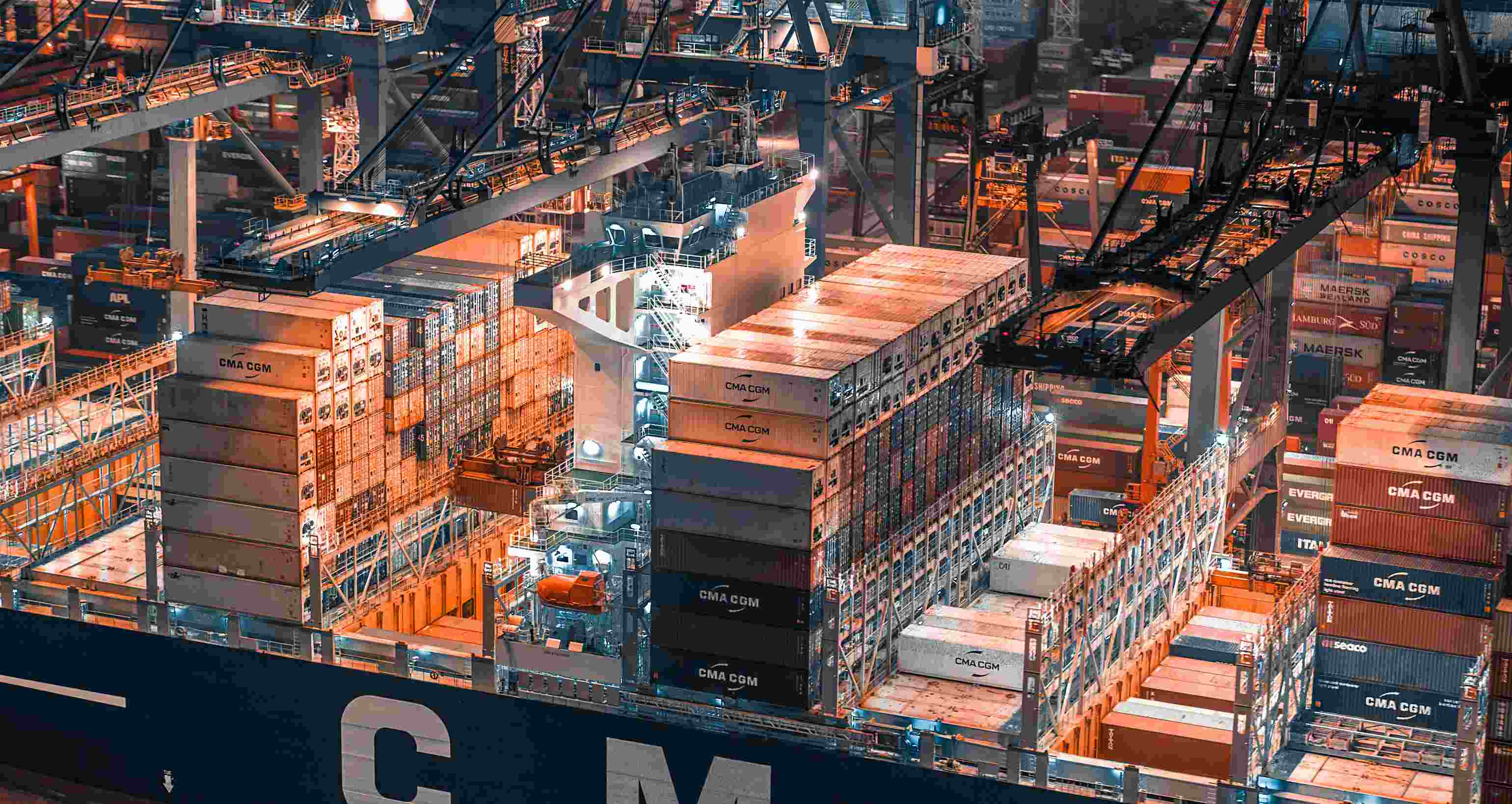
Strategy #4: Use Technology for Real-Time Tracking
Real-time tracking technology can provide visibility into your shipments, allowing you to monitor their location, estimated arrival, and potential delays. With logistics tech on the rise, freight agents in China now offer digital platforms to enhance visibility.
- Optimize Supply Chain Efficiency: Knowing your shipment's status helps in resource planning, preventing stockouts or overstocking.
- Proactive Issue Management: With real-time updates, you can quickly identify and address delays, reducing disruptions to your supply chain.
- Improve Customer Satisfaction: Accurate tracking allows you to update customers with reliable delivery estimates, enhancing trust and loyalty.
Many freight agents in China offer tracking tools as part of their service package, ensuring peace of mind throughout the shipment process.
Strategy #5: Plan Around Peak Seasons
China's peak shipping seasons—such as the lead-up to the Chinese New Year and peak holiday shopping periods—can impact logistics costs and timelines. Planning shipments around these periods is crucial for minimizing delays and avoiding premium rates.
- Book in Advance: Reserve shipping space early to secure lower rates and avoid last-minute booking surcharges.
- Build a Safety Stock: If possible, maintain additional inventory to avoid urgent shipments during peak seasons, which tend to be more expensive.
- Partner with an Experienced Agent: A seasoned freight agent can help you navigate peak season challenges, using strategies like pre-booking and shipment consolidation to mitigate delays.
By proactively planning around peak seasons, businesses can maintain consistent product availability while keeping shipping costs in check.
Strategy #6: Optimize Documentation for Faster Customs Clearance
Delays in customs clearance are a common issue in international logistics, and incomplete or inaccurate documentation is often the cause. To prevent such delays, ensure that all documents, such as commercial invoices, packing lists, and certificates of origin, are complete and compliant with both Chinese and destination country regulations.
- Ensure Accurate Documentation: Inaccurate or incomplete documentation can result in costly delays or fines. Work with your freight agent to double-check all paperwork before shipping.
- Utilize Electronic Documentation: Many freight agents in China now support digital documentation, which simplifies the submission process and reduces errors.
- Stay Updated on Regulatory Changes: Customs regulations can change frequently. A professional freight agent stays updated, ensuring your documentation remains compliant.
Working closely with a freight agent solution provider ensures that your paperwork is handled professionally, avoiding unnecessary delays and ensuring smooth customs processing.
Strategy #7: Take Advantage of Warehousing Options
Warehousing is another crucial aspect of international logistics that can help businesses manage inventory and reduce lead times. Many freight agents offer warehousing services in strategic locations in China, allowing for better control over stock and reducing the need for costly rush shipments.
- Optimize Inventory Levels: Warehousing enables businesses to store products closer to their end markets, improving response times and customer satisfaction.
- Reduce Costs on Urgent Orders: Having inventory on hand in a Chinese warehouse minimizes the need for express shipping, which is typically more expensive.
- Flexible Storage Solutions: Many freight agents provide short-term and long-term warehousing options, allowing businesses to scale storage based on seasonal demand.
By utilizing warehousing services, you can create a more agile and responsive logistics system, capable of adapting to changing demands and minimizing last-minute expenses.
Conclusion
International logistic in China is intricate, but with the right strategies, you can transform it into a competitive advantage for your business. Working with a professional freight agent solution provider not only simplifies logistics management but also optimizes cost, enhances compliance, and provides valuable market insights.
At Haiyuan, we're committed to helping businesses streamline their international logistics operations, offering tailored freight solutions that meet your specific needs. Whether you're navigating peak shipping seasons, consolidating freight, or seeking warehousing options, our team of experts is here to ensure that every shipment reaches its destination efficiently and reliably.
If you're ready to optimize your logistics strategy and drive your business growth, explore our range of freight solutions at www.szhyocean.com. Together, we can streamline your logistics, enhance your supply chain, and set your business up for success.
